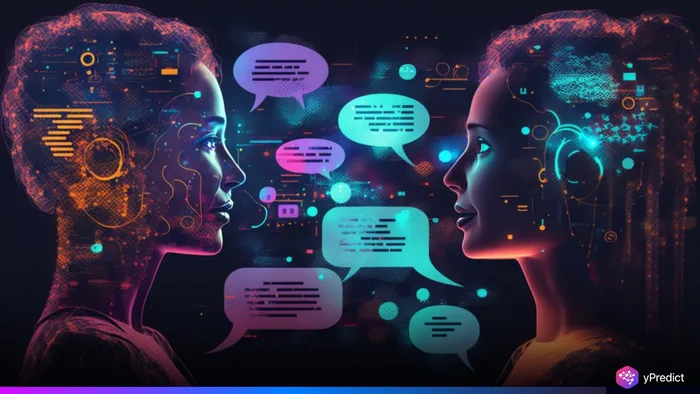
The rise of generative AI has created a dangerous inflection point for global democracies. According to a new report by The New York Times, AI-powered deepfakes and fake content have played a disruptive role in elections worldwide, impacting voter trust and electoral outcomes.
From fake videos of politicians to AI-cloned voices used in manipulated campaign ads, the misuse of AI has now shifted from being a tech novelty to a political weapon. Experts say the tools free and widely available are being used for mass disinformation campaigns at unprecedented scale and speed.
Fake Content, Real Consequences
In 2024 alone, AI tools were used in over 80% of elections, according to the International Panel on the Information Environment (IPIE). The panel documented 215 cases of AI manipulation globally. Most alarmingly, 69% were deemed harmful, involving malicious uses like fake news clips, AI-cloned voices of candidates, and hyper-targeted misinformation.
In Romania, AI-generated propaganda aided a far-right candidate in surging to victory until courts annulled the election. Russia’s covert AI operations also played a role in elections across Germany, Poland, and the U.S., highlighting a shift in how autocratic regimes are weaponizing AI to undermine democracies.
AI Deepfakes in India, U.S., Germany, and Beyond
AI-generated deepfakes played a controversial role in recent global elections. In India’s 2024 election, AI-cloned candidates and synthetic speeches were used both to engage voters and spread disinformation. The U.S. also saw a spike in deepfake content, prompting action from cybersecurity agencies many of which were later dismantled under the Trump administration.
In Europe, fake pro-AfD content on X helped elevate Germany’s far-right to second place, while in Poland, AI videos falsely accused Ukrainian refugees of planning attacks. Romania also faced viral disinformation in the form of a fake Trump video targeting local politicians.
AI Tools Too Powerful to Control?
Advanced tools like Google Veo, Midjourney, and Musk’s Grok can now produce hyper-realistic fake videos and images within seconds. Experts say the scale and realism of these tools make manual detection nearly impossible.
Researchers at the University of Notre Dame showed that AI-generated fake accounts can bypass detection across major platforms like X, Facebook, Instagram, Reddit, TikTok, and LinkedIn.
Even platforms that claim to police misinformation like Meta, YouTube, and TikTok have struggled to flag or remove AI-manipulated content.
Conclusion
AI is transforming the way elections are conducted worldwide, but not in the way that many envisaged. Rather than advancing democracy, it is ushering in mayhem, ambiguity, and disinformation. With several democracies nearing large-scale elections, the pressure to appropriately strike the balance between innovation and integrity has never been greater.






